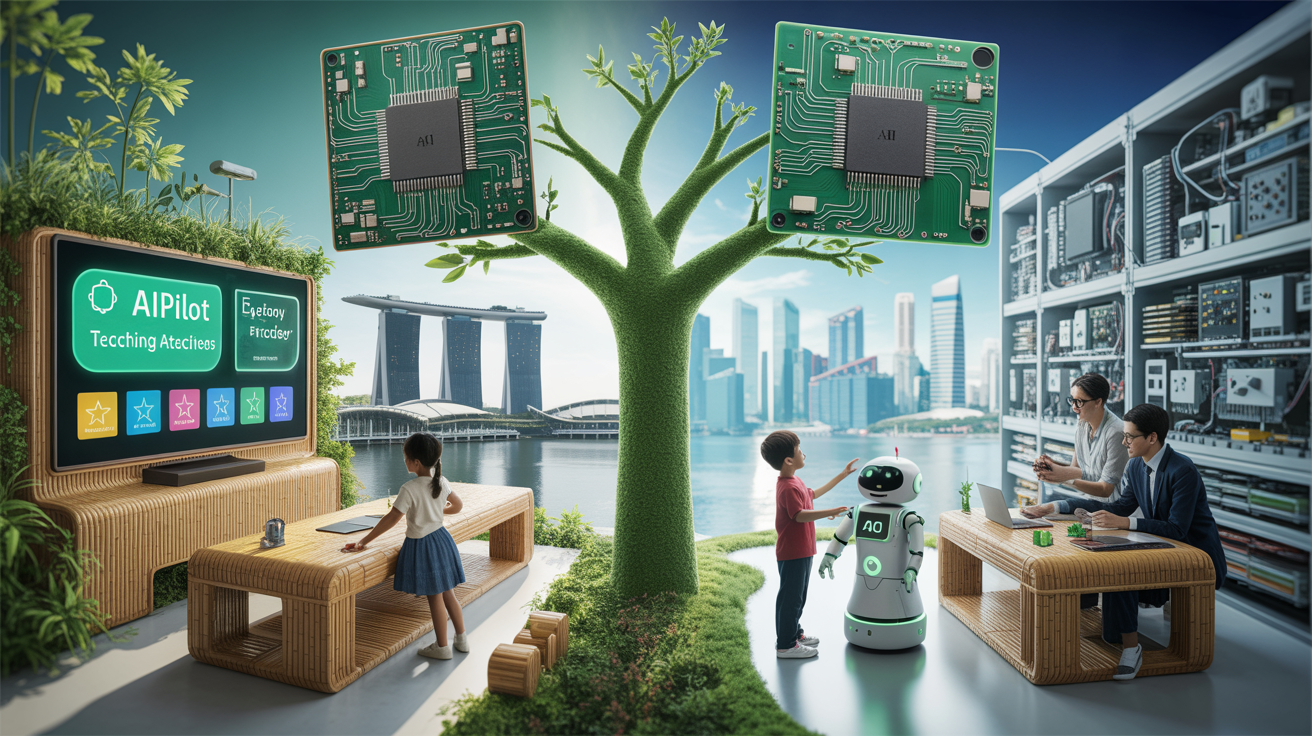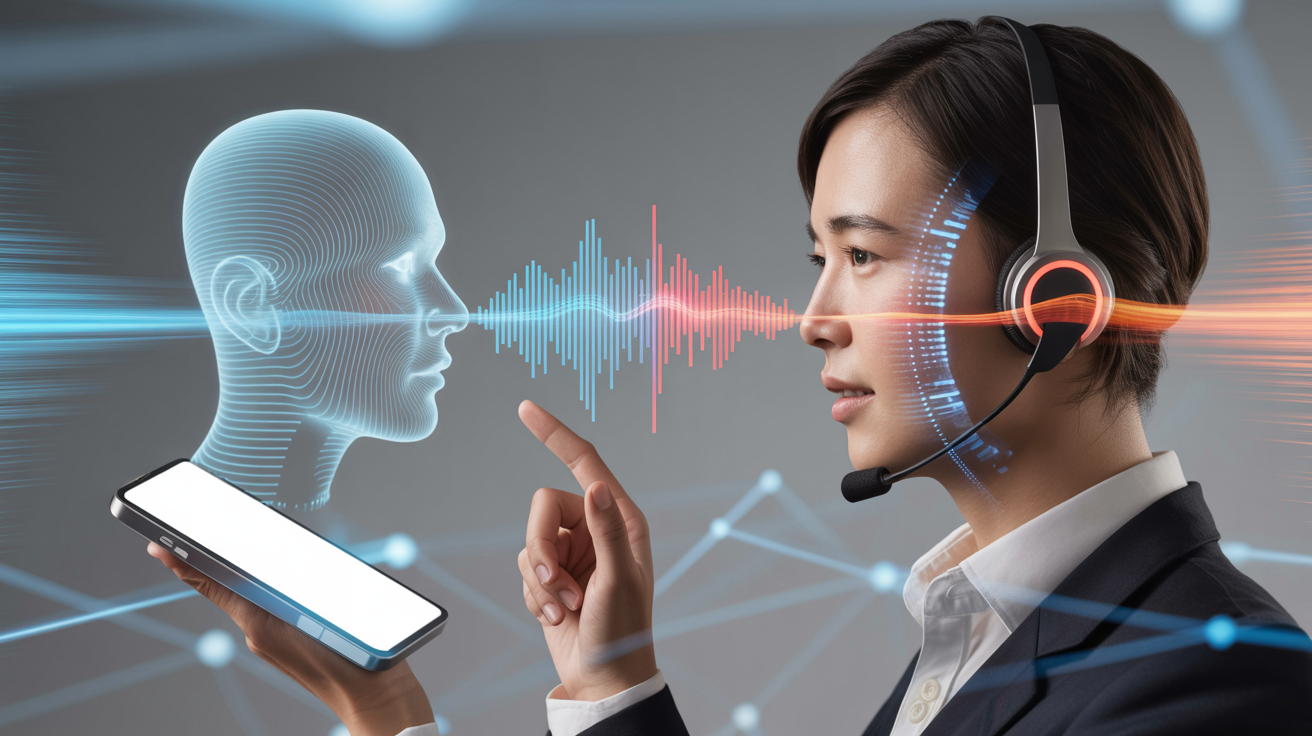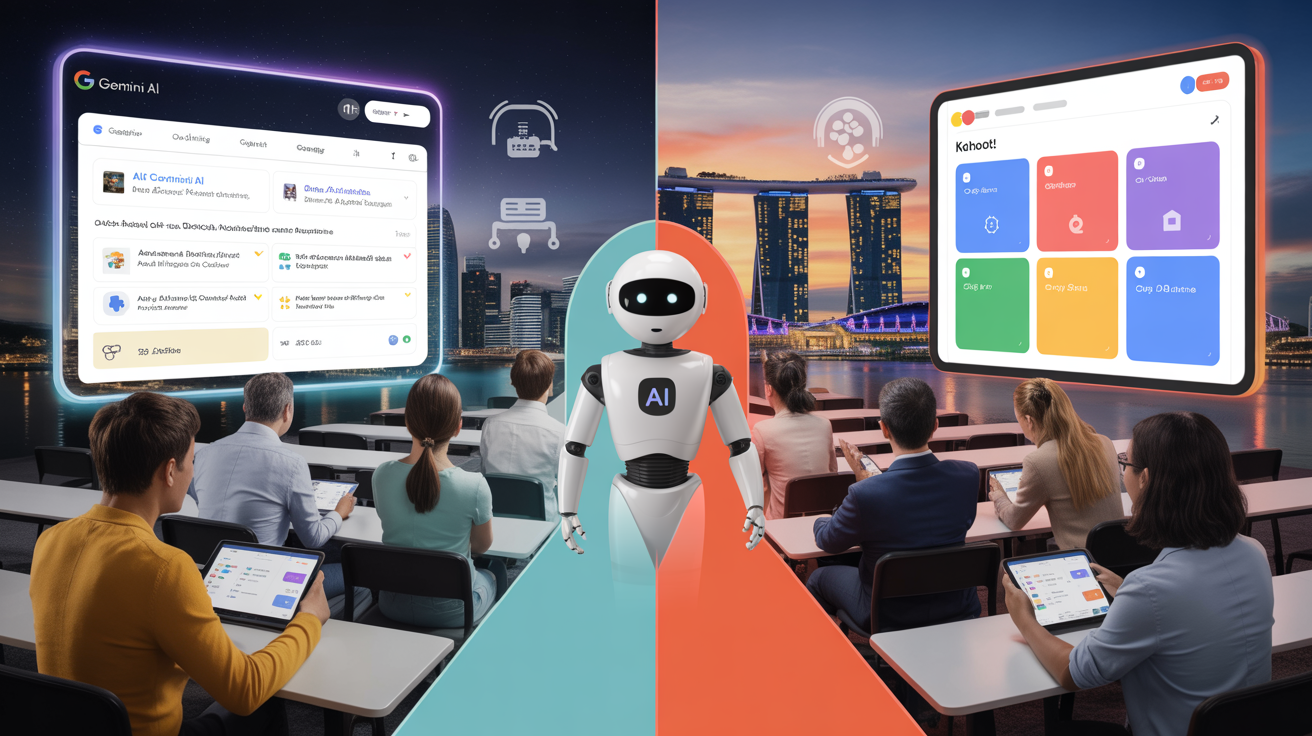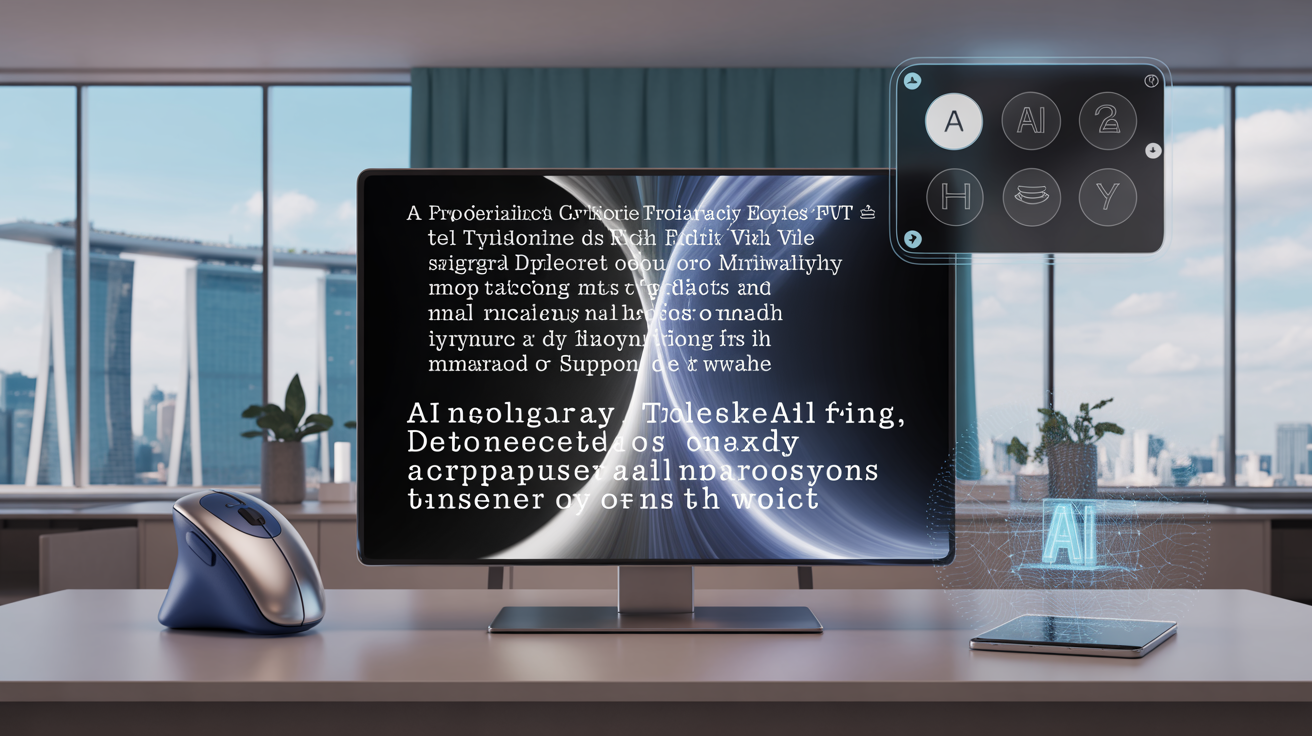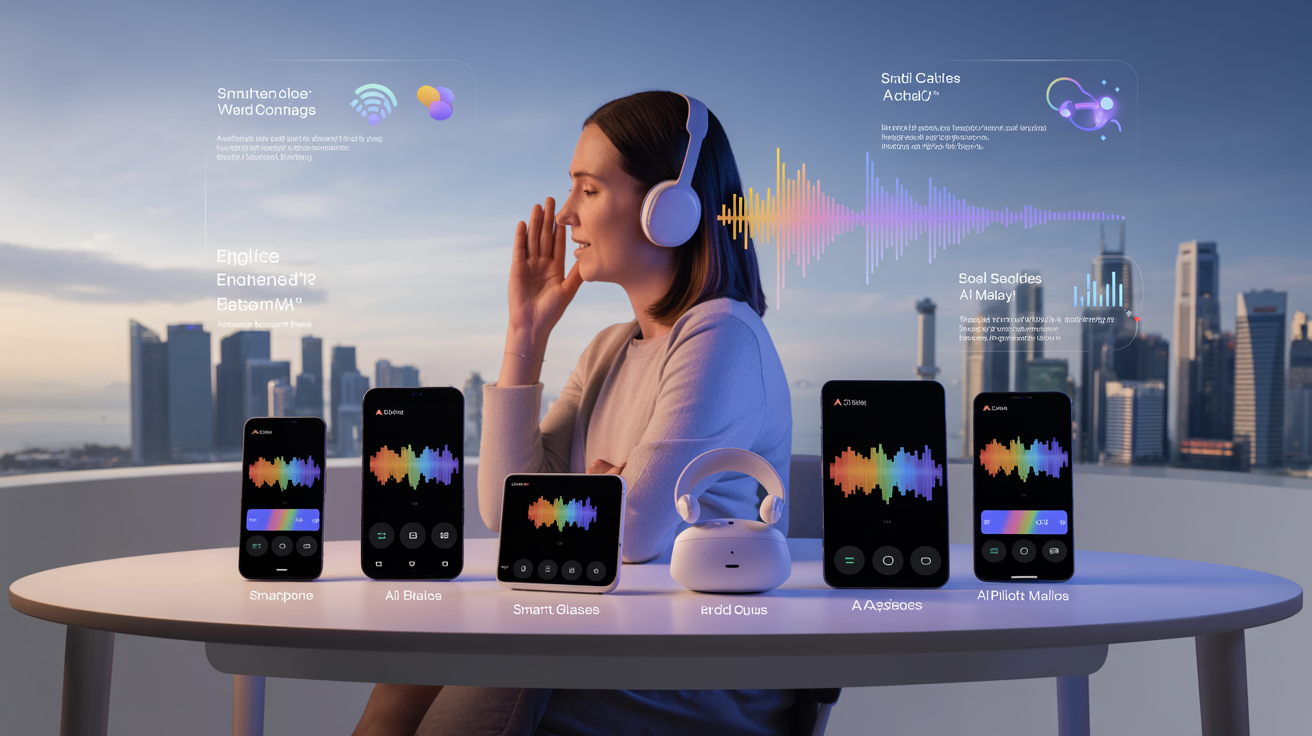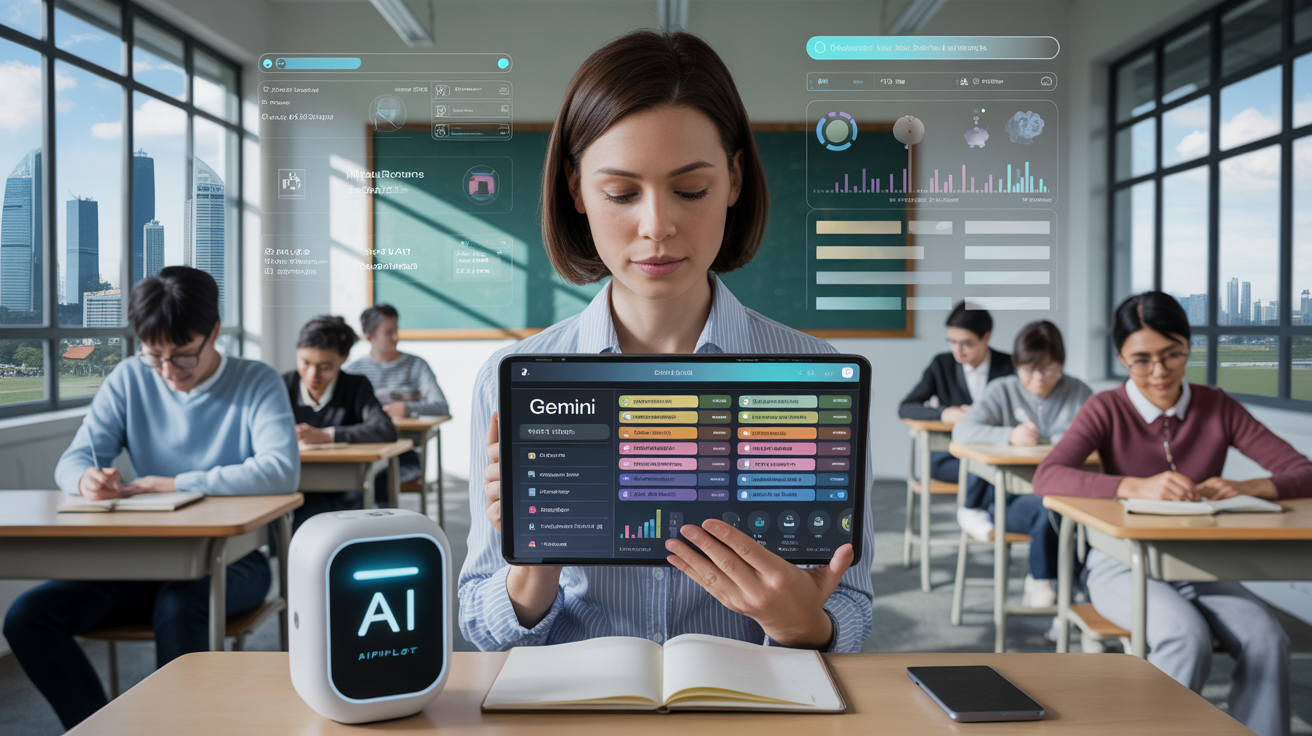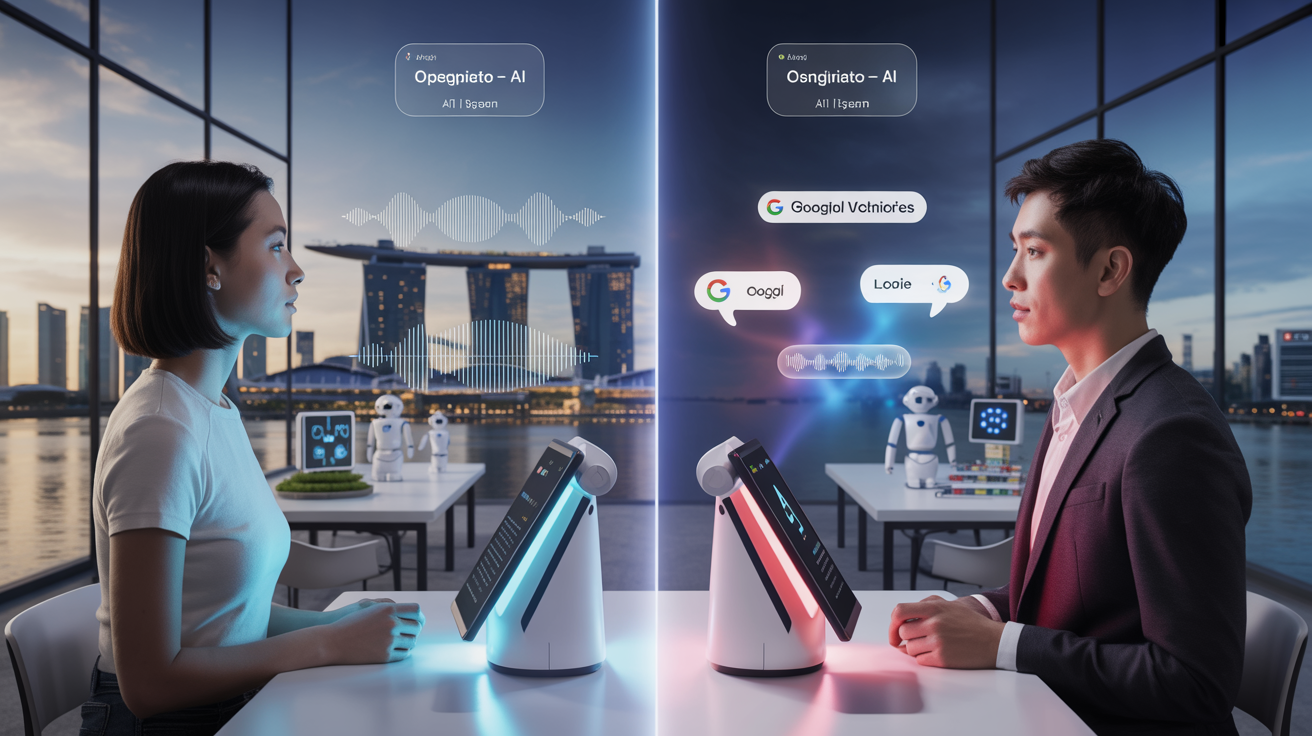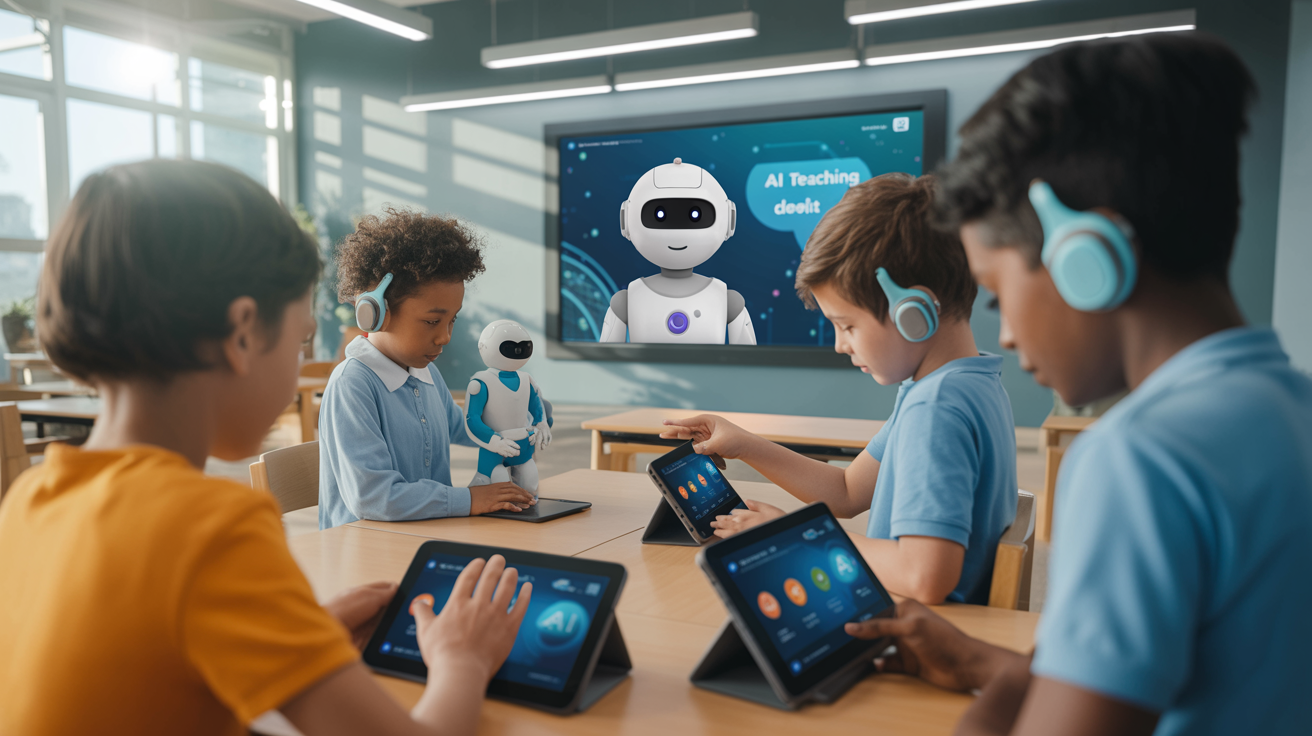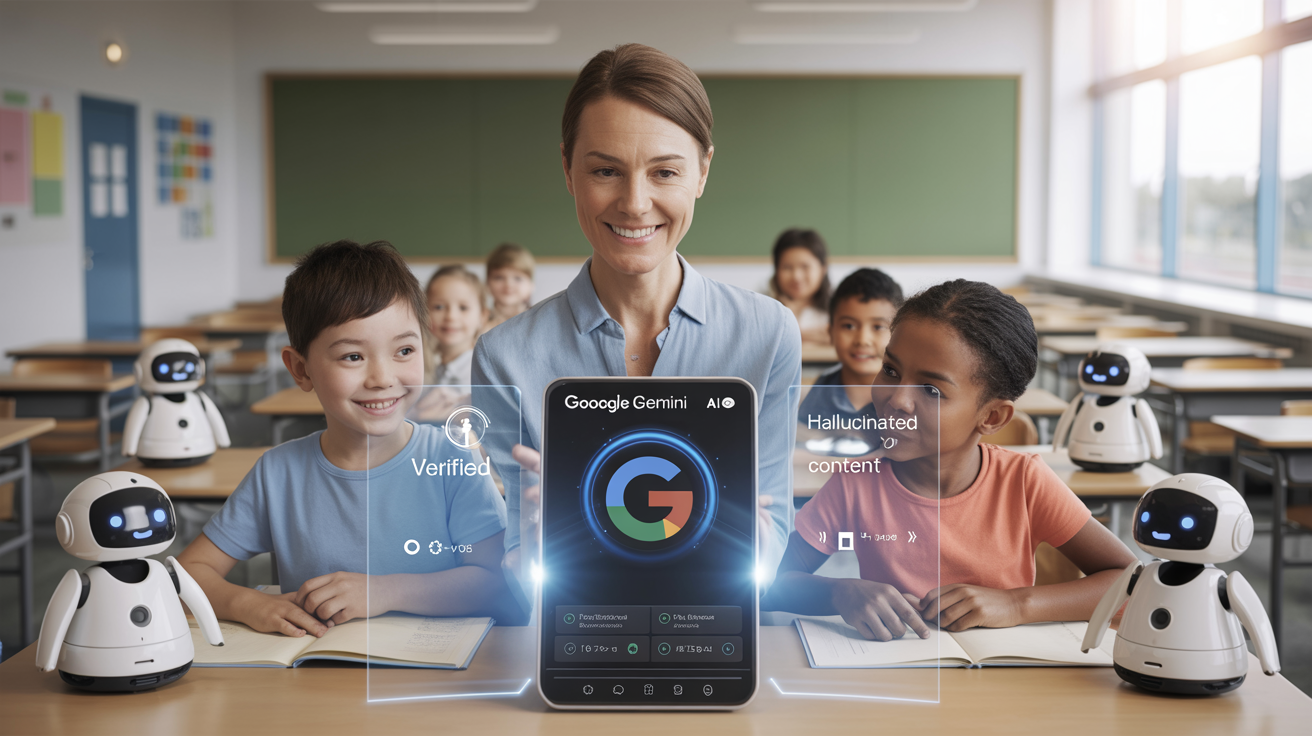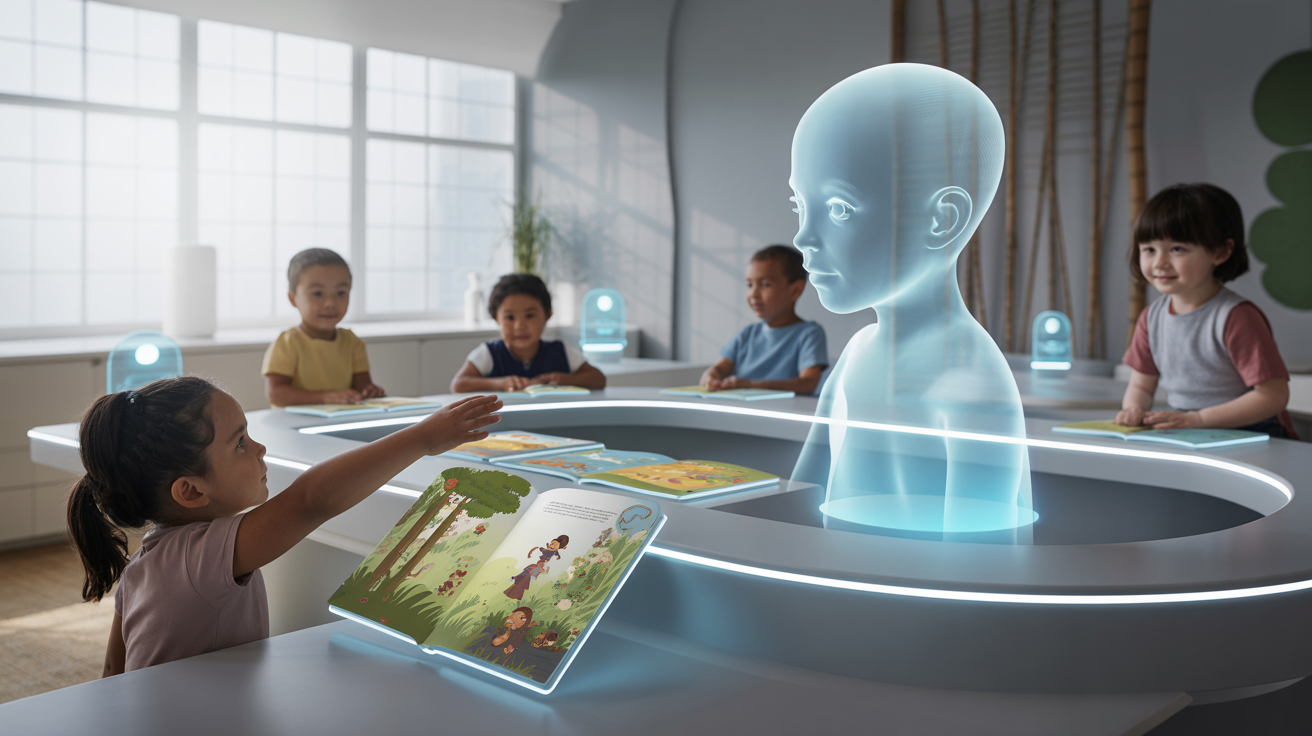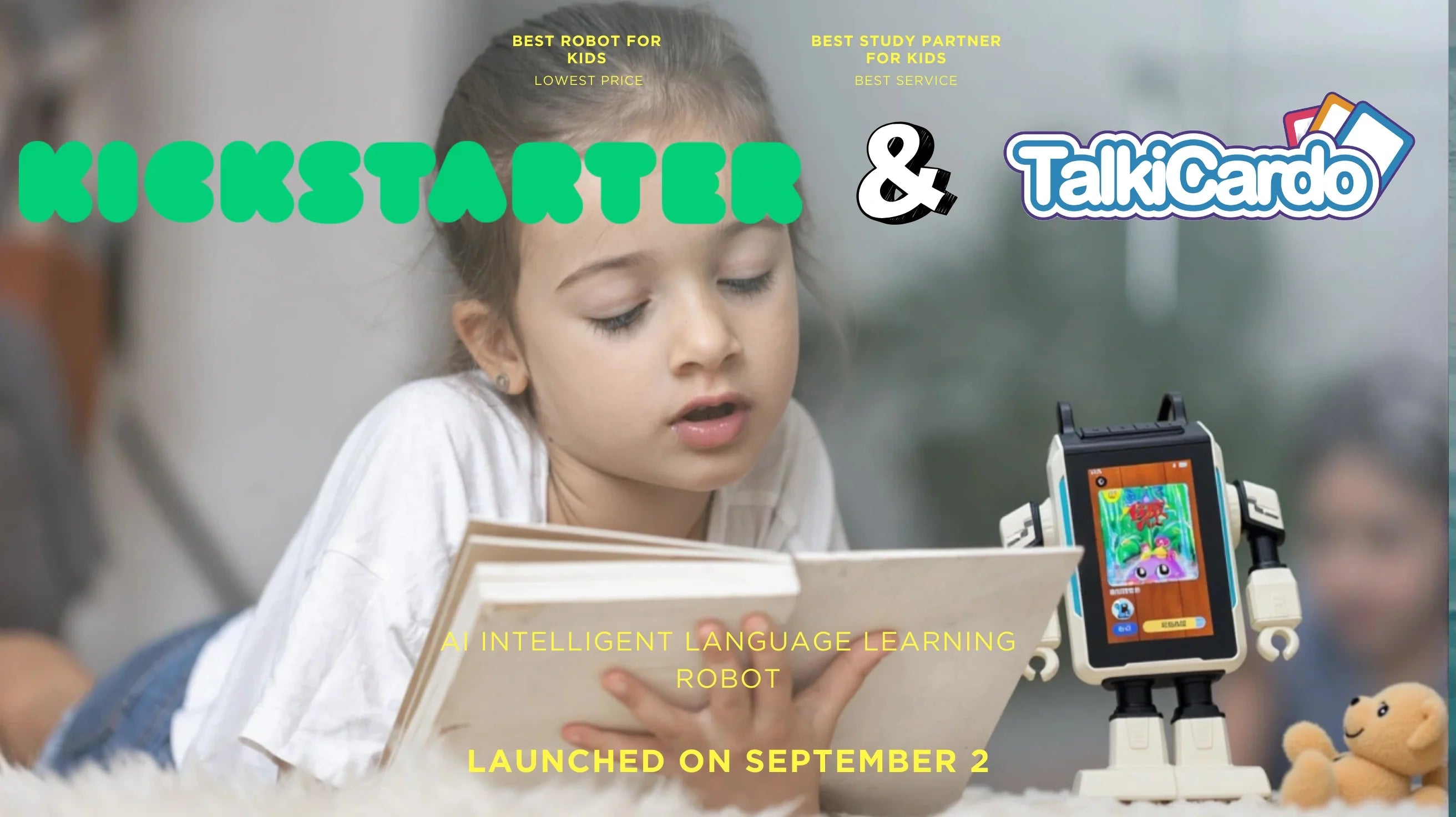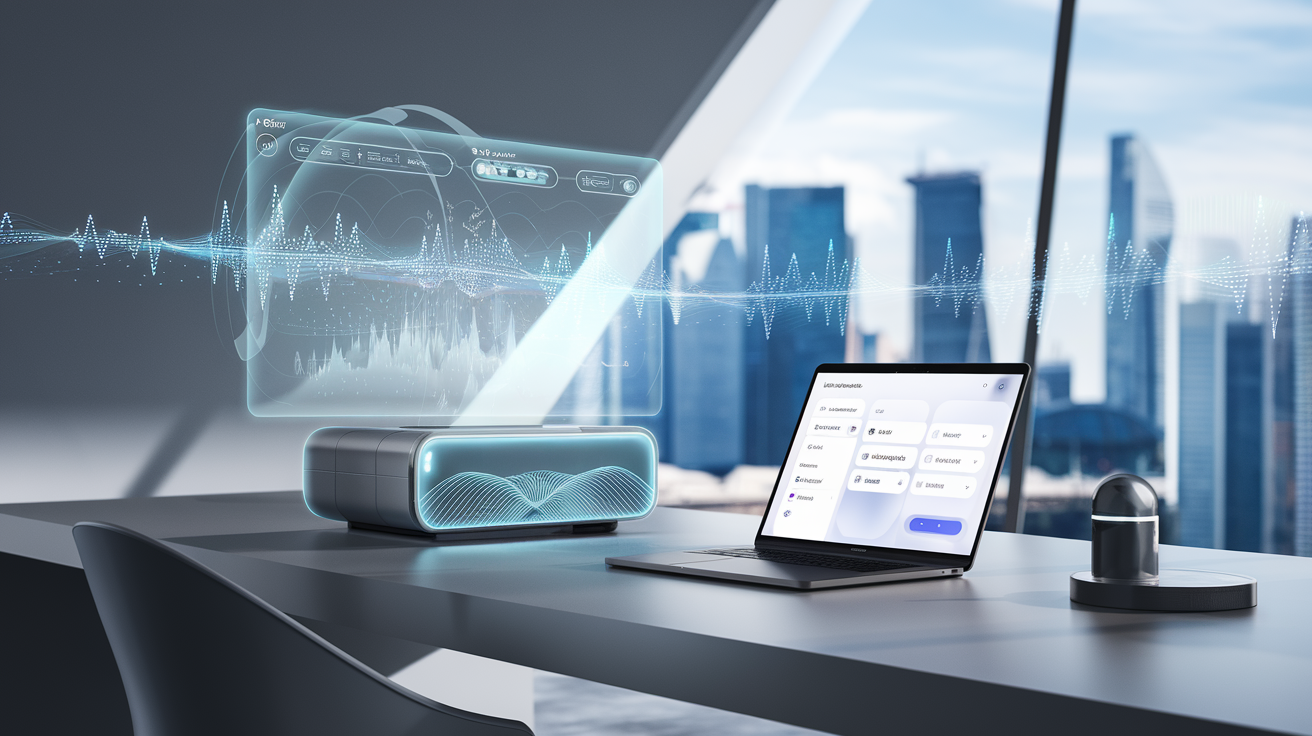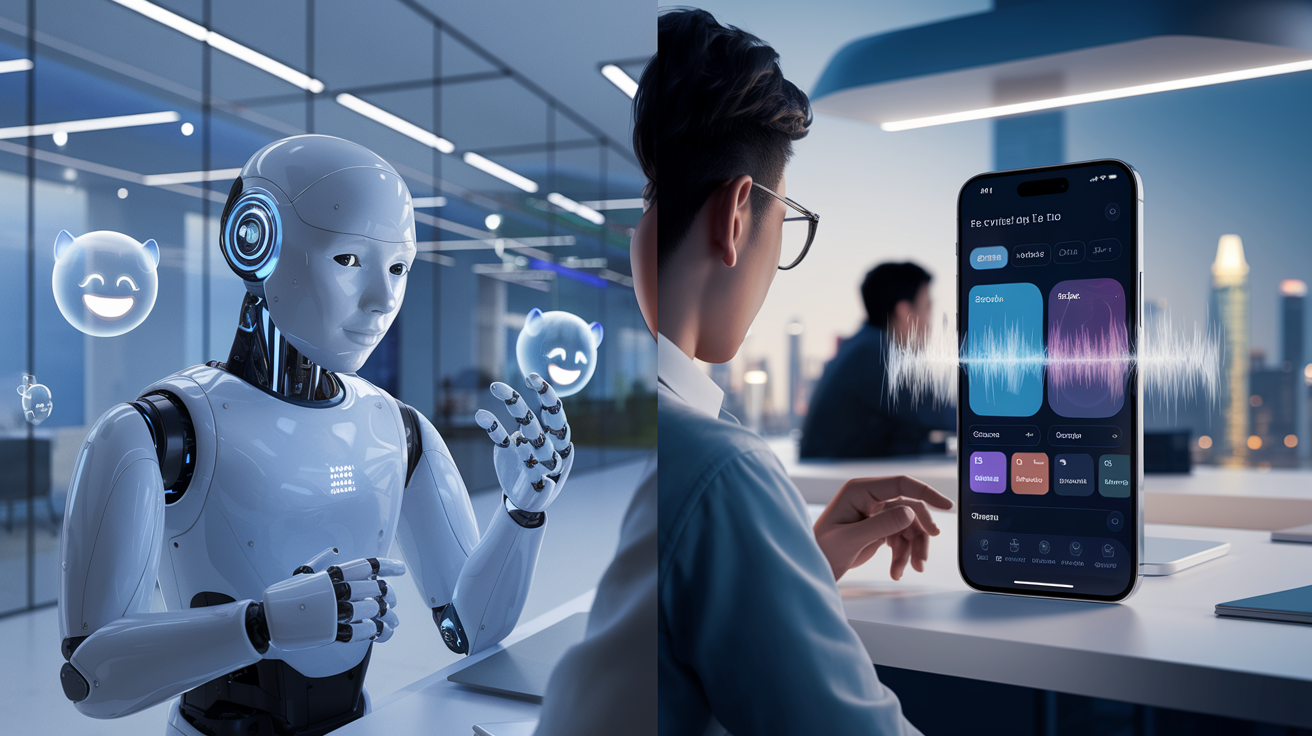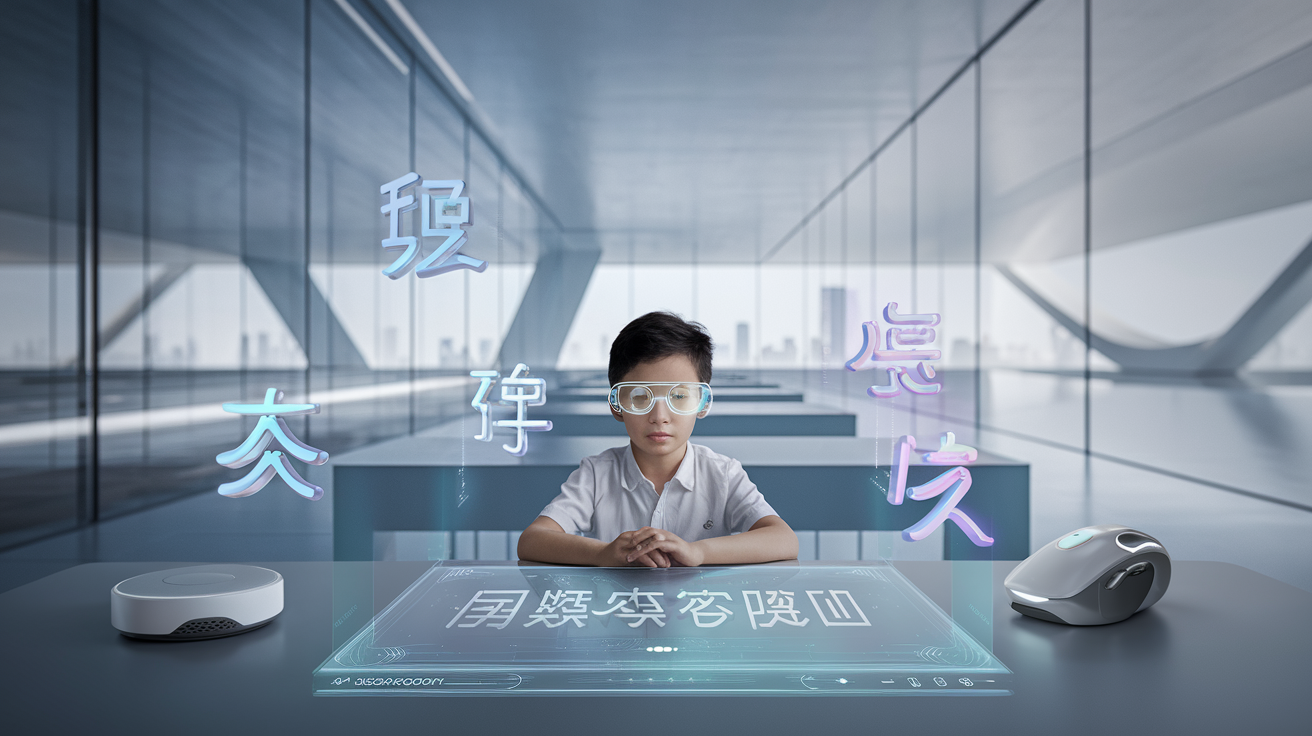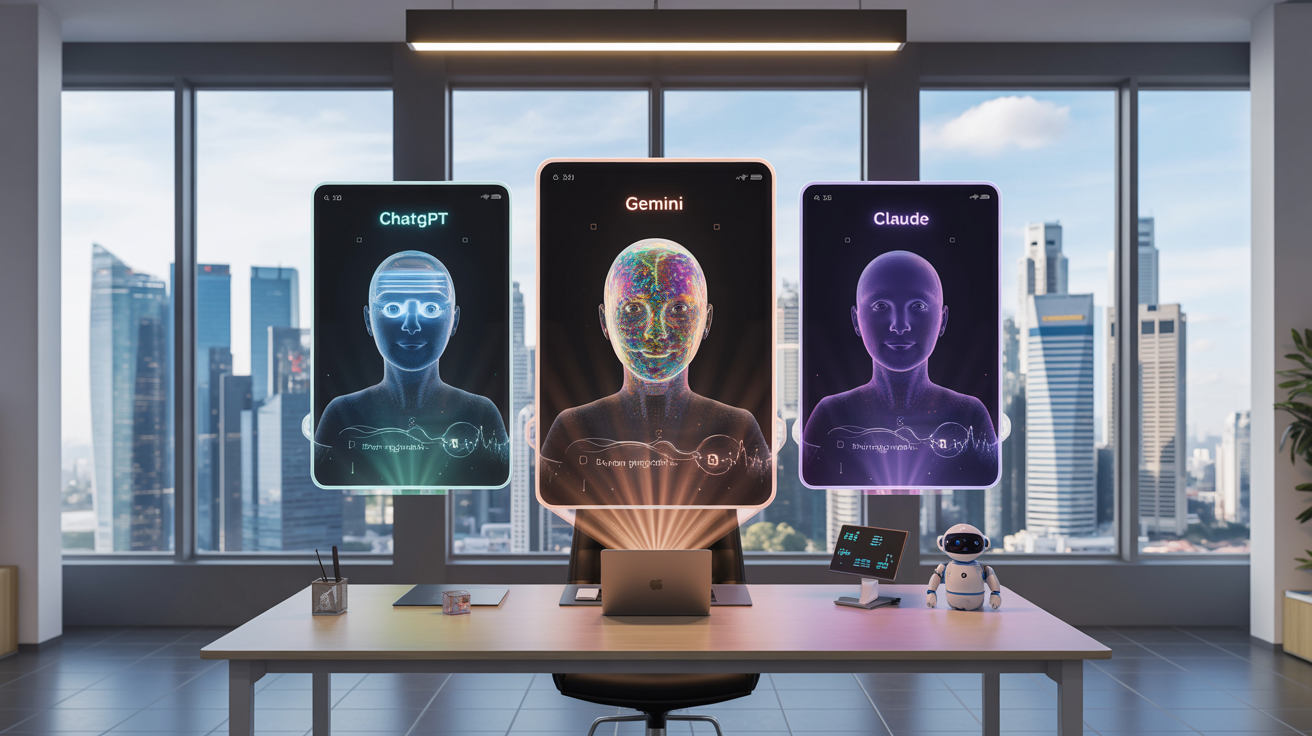
ChatGPT vs Gemini vs Claude: Which AI Assistant Delivers Better Language Prompt Results?
Posted by Aipilot on
Table Of Contents
- Introduction
- Understanding Language Models and Prompt Performance
- ChatGPT: OpenAI's Versatile Language Assistant
- Gemini: Google's Multimodal Intelligence
- Claude: Anthropic's Helpful, Harmless Assistant
- Head-to-Head Comparison: Prompt Performance Analysis
- Best Use Cases for Each AI Assistant
- How to Improve Your Prompts for Each AI
- Conclusion: Choosing the Right AI Assistant for Your Needs
The AI revolution has brought us powerful language assistants that can understand and generate human-like text, transforming how we work, learn, and create. Among the most popular are OpenAI's ChatGPT, Google's Gemini, and Anthropic's Claude. Each comes with its own unique architecture, training methodology, and capabilities that influence how well they respond to different types of language prompts.
Whether you're crafting educational content, writing code, generating creative stories, or seeking detailed explanations, the AI assistant you choose can significantly impact the quality of results you receive. The difference between a merely adequate response and an exceptional one often comes down to how well each model interprets and processes your prompts.
In this comprehensive comparison, we'll explore how ChatGPT, Gemini, and Claude handle various language prompts, analyze their strengths and limitations, and help you determine which AI assistant might be best suited for your specific needs. By understanding the nuances of each platform, you'll be able to select the right AI partner and craft more effective prompts that yield better results.
AI Assistant Comparison
ChatGPT vs Gemini vs Claude: Strengths & Optimal Use Cases
ChatGPT
Key Strengths
- Versatile across diverse topics
- Strong creative writing abilities
- Excellent coding assistance
- Good contextual awareness
Limitations
- Occasional factual errors
- Can be unnecessarily verbose
- Inconsistent with complex reasoning
Best For
General-purpose tasks, creative writing, coding projects, conversational learning
Gemini
Key Strengths
- Strong factual accuracy
- Multimodal understanding
- Excellent analytical reasoning
- Access to real-time information
Limitations
- Less natural conversation flow
- More formulaic creative writing
- Can miss complex instructions
Best For
Fact-checking, mathematical problem-solving, multimodal tasks, technical documentation
Claude
Key Strengths
- Nuanced contextual understanding
- Excellent long-form content
- Balanced, thoughtful perspectives
- Clear reasoning processes
Limitations
- Sometimes overly cautious
- Less technical depth in some areas
- Fixed knowledge cutoff
Best For
Nuanced discussions, long-form content, document analysis, educational content
Performance Comparison By Task Type
| Task Category | ChatGPT | Gemini | Claude |
|---|---|---|---|
| Educational Content | ★★★★☆ | ★★★★☆ | ★★★★★ |
| Creative Writing | ★★★★★ | ★★★☆☆ | ★★★★☆ |
| Problem-Solving | ★★★☆☆ | ★★★★★ | ★★★★☆ |
| Coding Tasks | ★★★★★ | ★★★★☆ | ★★★☆☆ |
Optimizing Your Prompts
For ChatGPT
- Be specific about format and style
- Use role prompting techniques
- Break complex tasks into steps
For Gemini
- Leverage multimodal capabilities
- Be direct and specific
- Ask for analysis and comparisons
For Claude
- Provide context and reasoning
- Leverage its large context window
- Ask for multiple perspectives
Key Takeaway
There is no single "best" AI assistant for all tasks. ChatGPT excels in versatility and creativity, Gemini in analytical reasoning and factual accuracy, and Claude in nuanced understanding and balanced perspectives. Choose based on your specific needs.
Understanding Language Models and Prompt Performance
Before diving into specific comparisons, it's important to understand what we mean by "language prompts" and why different AI assistants might perform differently with them. Language models like ChatGPT, Gemini, and Claude are trained on vast datasets of text to predict and generate content based on the inputs they receive.
When we talk about "better language prompts," we're evaluating several key factors:
- Comprehension: How well the AI understands the nuance and intent behind your prompt
- Accuracy: The factual correctness of the information provided
- Relevance: How directly the response addresses your specific query
- Coherence: The logical flow and structure of the response
- Creativity: The originality and inventiveness when creative tasks are requested
- Reasoning: The ability to follow complex logical steps and solve problems
The underlying architecture, training data, and design philosophy of each AI assistant significantly influence how they perform across these dimensions. Let's explore each platform's unique approach and capabilities.
ChatGPT: OpenAI's Versatile Language Assistant
ChatGPT, based on OpenAI's GPT (Generative Pre-trained Transformer) architecture, has become synonymous with conversational AI since its public release. The model has gone through several iterations, with GPT-4 being the most advanced version currently available.
Prompt Handling Strengths
ChatGPT excels in several key areas when responding to prompts:
Versatility: ChatGPT demonstrates remarkable adaptability across diverse topics, from academic explanations to creative writing. This makes it a reliable all-purpose assistant for varied needs.
Creative Content Generation: When prompted for stories, poems, or other creative content, ChatGPT often produces engaging, well-structured results with a natural narrative flow. Its ability to maintain consistent tone and style throughout longer creative pieces is particularly noteworthy.
Coding Assistance: ChatGPT demonstrates strong capabilities in generating, explaining, and debugging code across multiple programming languages. It can translate conceptual ideas into functional code with helpful comments.
Contextual Awareness: The model maintains conversational context well, allowing for follow-up questions and refinement of previous responses without restating the entire prompt.
Limitations
Despite its strengths, ChatGPT has some notable limitations:
Hallucinations: ChatGPT occasionally generates plausible-sounding but factually incorrect information, particularly when dealing with specialized knowledge domains or recent events beyond its training data.
Verbosity: Responses can sometimes be unnecessarily lengthy, especially for straightforward queries that could be answered more concisely.
Inconsistent Reasoning: While ChatGPT can follow logical steps, it occasionally makes reasoning errors in complex problem-solving scenarios, particularly with mathematical or logical puzzles.
Gemini: Google's Multimodal Intelligence
Gemini represents Google's latest advancement in AI language models, designed with multimodal capabilities from the ground up. Available in different sizes (Gemini Ultra, Pro, and Nano), it integrates deeply with Google's vast knowledge resources.
Prompt Handling Strengths
Factual Accuracy: With its connection to Google's knowledge graph, Gemini often provides more current and factually accurate information when responding to knowledge-based prompts.
Multimodal Understanding: Unlike earlier iterations of language models, Gemini was built from the ground up to understand and process text, images, audio, and code simultaneously, allowing for more complex prompt types that blend different media.
Analytical Reasoning: Gemini shows particular strength in mathematical reasoning, scientific problem-solving, and systematic analysis of complex problems.
Real-time Information: When connected to the internet, Gemini can access and incorporate current information into its responses, making it valuable for queries about recent events or evolving topics.
Limitations
Conversation Flow: Gemini sometimes feels less natural in extended conversations compared to ChatGPT, occasionally losing context or requiring more explicit prompting to maintain continuity.
Creative Writing: While capable of creative tasks, Gemini's outputs in storytelling and creative writing can sometimes feel more formulaic or less stylistically diverse than ChatGPT's.
Instruction Following: Complex multi-step instructions can sometimes be partially missed or require reformulation with Gemini, especially when prompts contain multiple distinct requests.
Claude: Anthropic's Helpful, Harmless Assistant
Claude, developed by Anthropic, was created with a strong emphasis on being helpful, harmless, and honest. The latest version, Claude 3 (available in Opus, Sonnet, and Haiku variants), represents a significant advancement in Anthropic's approach to AI safety and alignment.
Prompt Handling Strengths
Nuanced Understanding: Claude excels at grasping subtle context and nuance in complex prompts, often capturing implied meanings and unstated assumptions better than its competitors.
Long-form Content: With an impressive context window, Claude handles extremely long prompts and can generate well-structured, cohesive long-form content while maintaining consistency throughout.
Balanced Responses: Claude is particularly adept at providing balanced, thoughtful perspectives on complex or controversial topics, often presenting multiple viewpoints in a fair manner.
Clear Reasoning: Claude tends to explicitly show its reasoning process when solving problems or making recommendations, making it easier to follow its logic and identify potential flaws.
Limitations
Excessive Caution: Claude's safety-focused design sometimes leads to overly cautious responses or refusals where other models might provide helpful information with appropriate caveats.
Less Technical Depth: In some specialized technical domains, particularly programming and data analysis, Claude may provide less detailed or sophisticated guidance than ChatGPT or Gemini.
Knowledge Cutoff: Like other models, Claude has a training cutoff date and cannot access real-time information without additional tools or integrations.
Head-to-Head Comparison: Prompt Performance Analysis
To better understand how these AI assistants compare in real-world scenarios, let's analyze their performance across different types of language prompts:
Educational Content Generation
When asked to explain complex topics at different educational levels:
ChatGPT offers well-structured explanations with good analogies and examples, adapting well to requested complexity levels. It excels at creating educational narratives that maintain engagement.
Gemini provides highly accurate technical information with clear step-by-step breakdowns, often incorporating relevant scientific context. Its explanations tend to be more technically precise but sometimes less approachable for beginners.
Claude shines in providing nuanced, developmentally appropriate explanations with excellent scaffolding of concepts. Its responses often include thoughtful questions to check understanding and encourage critical thinking, making it particularly valuable for educational contexts.
Creative Writing
For prompts requesting stories, poetry, or other creative content:
ChatGPT generates creative content with distinctive voice and style, showing strong narrative structure and character development. It's particularly good at adapting to specific genre conventions and stylistic requests.
Gemini creates structured creative content with interesting premises, though sometimes with less stylistic flair. Its strengths lie in generating plot-driven narratives with logical progression.
Claude produces thoughtful, often emotionally resonant creative work with nuanced character psychology. It excels at incorporating thematic elements and subtle literary techniques when requested.
Problem-Solving and Reasoning
When faced with logical puzzles, mathematical problems, or reasoning tasks:
ChatGPT approaches problems systematically but occasionally makes reasoning errors in complex multi-step problems. It explains its thought process clearly but may sometimes arrive at incorrect conclusions.
Gemini demonstrates strong analytical reasoning, particularly with mathematical and scientific problems. It often provides visual representations or diagrams when appropriate and shows step-by-step work effectively.
Claude excels at explicit reasoning chains, carefully considering potential pitfalls and edge cases. It's more likely to express appropriate uncertainty when information is incomplete and shows strong metacognitive awareness of its own reasoning limitations.
Technical and Coding Tasks
For programming assistance and technical documentation:
ChatGPT generates functional, well-commented code across many languages with good explanations of the approach. It handles debugging requests effectively and can adapt code to different requirements.
Gemini, leveraging Google's expertise in programming, provides technically sound code with optimization suggestions and best practices. It's particularly strong with Google-related technologies and modern development frameworks.
Claude offers thoughtful code explanations and careful handling of edge cases, though sometimes with less advanced techniques than the other models. Its strength lies in explaining the reasoning behind coding decisions and teaching programming concepts.
Best Use Cases for Each AI Assistant
Based on their performance across different prompt types, here are the scenarios where each AI assistant particularly shines:
ChatGPT Works Best For:
General-purpose assistance across a wide range of topics and tasks
Creative writing projects requiring distinctive voice and style
Coding assistance across multiple programming languages
Conversational learning where maintaining context is important
Drafting and iterating on content with feedback loops
ChatGPT is an excellent starting point for most users due to its versatility and generally balanced performance. It's particularly valuable for educational applications where conversational flow is important, making it similar to AIPILOT's approach to engaging, dialogue-based learning.
Gemini Works Best For:
Fact-checking and information retrieval
Mathematical and scientific problem-solving
Multimodal tasks involving both text and images
Technical documentation and analysis
Real-time information needs (when connected to search)
Gemini excels in analytical contexts where precision and current information are paramount. Its multimodal capabilities also make it particularly valuable for educational contexts involving visual learning elements.
Claude Works Best For:
Nuanced ethical discussions requiring balanced perspectives
Long-form content creation with consistent quality
Detailed document analysis and summarization
Educational content requiring developmental appropriateness
Tasks requiring careful reasoning with explicit thought processes
Claude's thoughtful, balanced approach makes it particularly well-suited for educational contexts where nuance and careful explanation are valued. Its ability to provide developmentally appropriate explanations aligns well with AIPILOT's mission of creating personalized learning experiences.
How to Improve Your Prompts for Each AI
The quality of responses you get from AI assistants depends significantly on how you formulate your prompts. Here are tailored strategies for getting the best results from each platform:
For ChatGPT:
Be specific about format and style: ChatGPT responds well to detailed guidance about the desired output format, tone, and style.
Use role prompting: Asking ChatGPT to "act as" a specific type of expert often yields more focused, relevant responses.
Break complex tasks into steps: For multi-part requests, clearly number or separate different components of your prompt.
Example prompt: "Act as an experienced language teacher explaining the subjunctive mood in Spanish. Structure your response with a definition, 3 example sentences with translations, common usage contexts, and 2 practice exercises. Use a friendly, encouraging tone suitable for high school students."
For Gemini:
Leverage multimodal capabilities: Include relevant images or diagrams when applicable to your query.
Be direct and specific: Gemini tends to respond better to clear, straightforward requests rather than conversational prompts.
Ask for analysis and comparisons: Gemini excels at analytical tasks that leverage its knowledge base.
Example prompt: "Compare and contrast the grammatical structures of Mandarin Chinese and English, focusing on sentence order, tense expression, and measure words. Include a table summarizing the key differences and provide specific examples of each grammatical feature."
For Claude:
Provide context and reasoning: Claude performs best when it understands the broader context and purpose behind your request.
Leverage its context window: Don't hesitate to include longer background materials or references that Claude can analyze.
Ask for multiple perspectives: Claude excels at providing balanced, nuanced viewpoints on complex topics.
Example prompt: "I'm developing learning materials for ESL students who are struggling with English pronunciation. Based on linguistic research, what are the 5 most challenging phonemes for native Mandarin speakers learning English? For each one, explain the articulatory differences, provide practice words, and suggest effective teaching techniques. Please consider both cognitive and affective factors in your recommendations."
Conclusion: Choosing the Right AI Assistant for Your Needs
After comparing ChatGPT, Gemini, and Claude across various prompt types and use cases, it's clear that there isn't a single "best" AI assistant for all scenarios. Each has distinct strengths that make it more suitable for specific tasks:
ChatGPT offers exceptional versatility and creative capabilities, making it an excellent general-purpose assistant and particularly strong for creative content generation and coding tasks. Its balanced performance across most domains makes it a solid default choice for many users.
Gemini excels in analytical reasoning, factual accuracy, and multimodal understanding. It's the preferred choice when working with technical, scientific, or mathematical content, especially when current information is important.
Claude stands out for its nuanced understanding, careful reasoning, and balanced approach to complex topics. Its strengths in long-form content and educational explanations make it particularly valuable for learning contexts requiring depth and subtlety.
For language learning and educational applications specifically, a combination approach often yields the best results. ChatGPT's conversational abilities, Gemini's factual precision, and Claude's nuanced explanations each contribute valuable elements to the learning process.
At AIPILOT, we understand that effective language learning requires this kind of multifaceted approach. Our AI-powered solutions integrate the best aspects of language model capabilities—conversational practice, accurate information, and developmentally appropriate explanations—into cohesive learning experiences that address all dimensions of language acquisition.
Whether you're an educator, a student, or a professional looking to enhance your communication skills, understanding the strengths of different AI assistants can help you leverage these powerful tools more effectively. And when you're ready to experience the next generation of AI-enhanced language learning, AIPILOT's specialized solutions are designed to deliver personalized, engaging, and effective learning experiences that go beyond what general-purpose AI assistants can provide.
The landscape of AI language assistants continues to evolve rapidly, with ChatGPT, Gemini, and Claude each pushing the boundaries of what's possible with natural language processing. While ChatGPT offers exceptional versatility and creative capabilities, Gemini delivers strong analytical reasoning and factual precision, and Claude provides nuanced understanding with careful, balanced reasoning.
For most users, the ideal approach isn't choosing a single AI assistant but rather understanding which tool is best suited for specific types of tasks. By leveraging the unique strengths of each platform and crafting effective prompts tailored to their capabilities, you can achieve significantly better results for your specific needs.
As AI language models continue to advance, we can expect even more specialized and powerful capabilities to emerge. At AIPILOT, we remain committed to integrating these advancements into our educational solutions, creating AI-powered learning experiences that combine technological innovation with sound pedagogical principles.
Ready to experience how AI can transform language learning beyond basic prompts? Discover AIPILOT's innovative AI-powered language learning solutions that combine intelligent software with engaging hardware to create personalized, effective learning experiences. Visit AIPILOT today to learn how our TalkiCardo AI Chat Cards, AI teaching assistants, and other smart solutions can help you or your students break through language barriers and achieve measurable progress.

